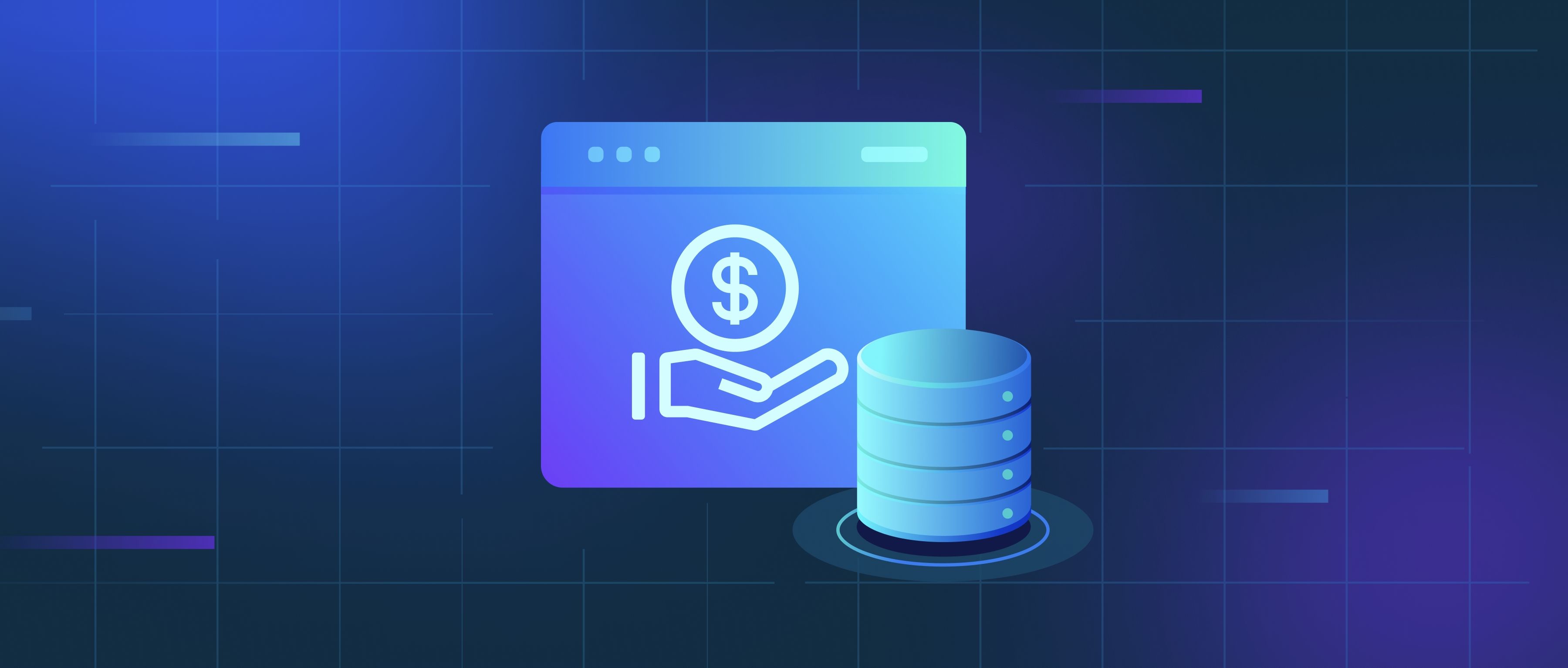DeepResearch, an AI-driven tool designed to automate data collection and analysis, may not be suitable in scenarios where context, nuance, or human judgment are critical. Here are three situations where manual research would be preferable:
1. Niche or Emerging Topics with Limited Data DeepResearch relies on existing datasets and patterns to generate insights. If you’re investigating a highly specialized field (e.g., a rare medical condition) or an emerging technology (e.g., quantum computing applications in agriculture), the tool may lack sufficient data to produce accurate results. For example, in academic research, a novel hypothesis might require manual exploration of fragmented sources, unpublished studies, or interviews with domain experts. Automated tools could miss subtle connections or misrepresent incomplete data, leading to flawed conclusions. Manual research allows researchers to validate sources, cross-reference sparse information, and apply domain-specific expertise that AI cannot replicate.
2. Ethical or Sensitive Subject Matter When dealing with topics like cultural practices, legal compliance, or social issues, human oversight is essential. For instance, if a company is researching the ethical implications of AI bias in hiring tools, DeepResearch might surface statistically relevant studies but fail to account for contextual factors like regional laws, cultural norms, or stakeholder perspectives. A human researcher can weigh conflicting viewpoints, identify biases in source material, and apply ethical frameworks that an automated tool might overlook. Similarly, in fields like healthcare or law, manual review ensures compliance with regulations (e.g., GDPR, HIPAA) that govern data usage—a task AI tools aren’t designed to handle.
3. Rapidly Changing or Time-Sensitive Scenarios DeepResearch may struggle in dynamic environments where information evolves quickly, such as crisis response or financial markets. For example, during a natural disaster, real-time data from social media, emergency services, and ground reports is fragmented and often unverified. An automated tool might aggregate outdated or unvetted data, while manual researchers can prioritize accuracy by contacting local authorities or verifying facts in real time. Similarly, stock traders analyzing market sentiment during a sudden geopolitical event would need human intuition to interpret ambiguous signals that AI might misinterpret due to training on historical (and irrelevant) patterns.
In these cases, manual research offers flexibility, contextual awareness, and ethical judgment that automated tools like DeepResearch cannot yet match. Developers should assess whether their use case requires adaptability, human expertise, or real-time validation before relying solely on AI-driven solutions.
